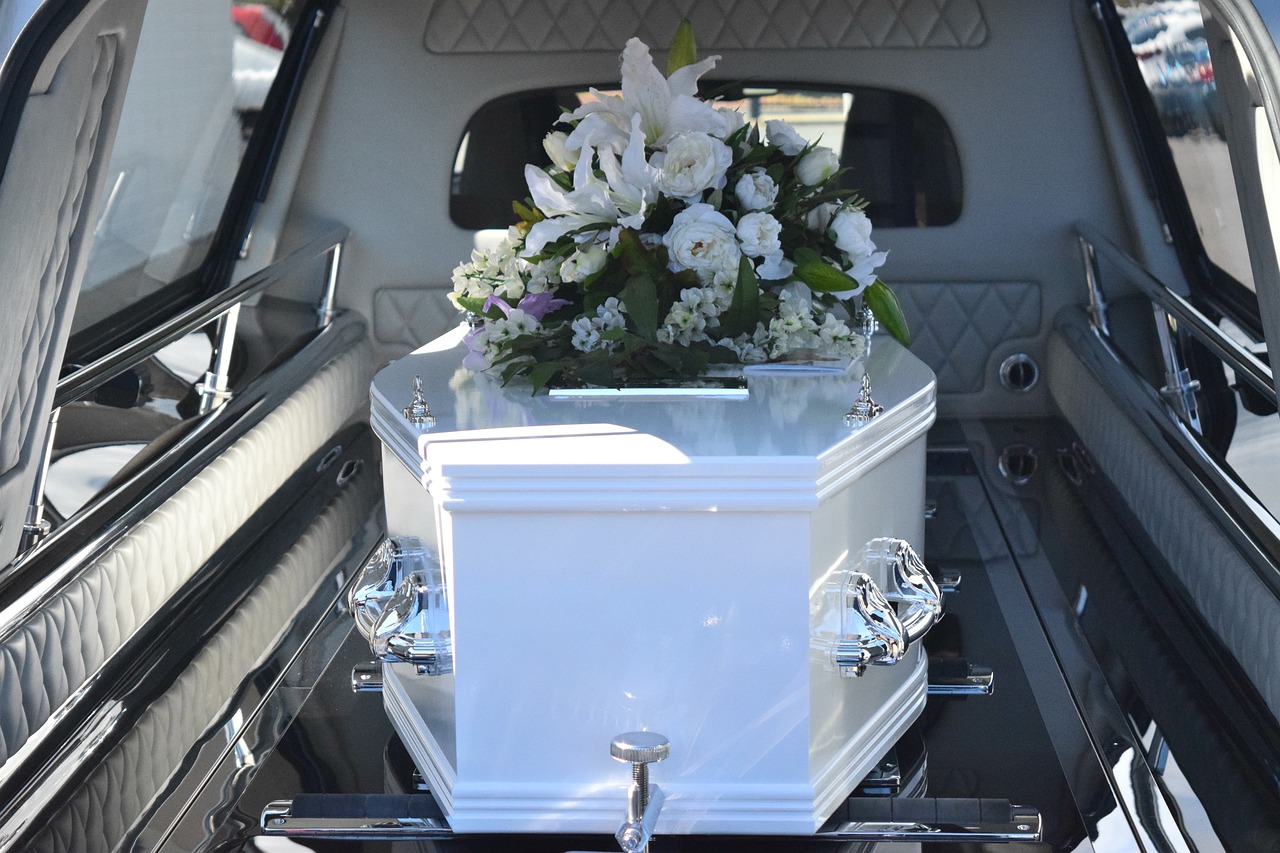Death is a personal and private affair that affects the deceased’s close family and friends. However, there is at least one aspect of death that may require state oversight: probate.
Probate is the court-supervised process of either (a) carrying out the instructions laid out in the deceased’s will or (b) applying state law to distribute a deceased’s accounts and property to their family members if the deceased did not have a will. The main purpose of the probate process is to distribute the deceased’s money and property in accordance with the will or state law. Not all wills, and not all accounts and property, need to go through probate. And just because a will is filed with the court does not mean that the named executor needs to qualify and administer the estate. For example, sometimes real estate is the only asset of the decedent, and just filing the will with the court is sufficient to transfer the real estate to the devisee named in the will.
Understanding Probate, Wills, and Estates
Estates, wills, and probate are distinct, yet interrelated, estate planning concepts.
- An estate consists of everything that a person owns—including their personal possessions, real estate, financial accounts, and insurance policies. Virtually everyone leaves an estate when they die.
- A will is the legally valid written instructions that a person creates describing how they want their money and property distributed upon their death. Wills are highly recommended, but there is no legal requirement to have one. To make a will legally valid, it must be properly executed in accordance with state law. Executing a will involves signing the document in front of witnesses. Additionally, at the time of signing, the creator must have capacity (i.e., be of sound mind).
- Probate is the legal process that formally distributes the accounts and property that are in the decedent’s sole name, do not have a beneficiary designated, and have not been placed into a living trust prior to the decedent’s death (sometimes referred to as probate assets). During probate, a decedent’s probate assets are identified and gathered, their debts are paid, and the probate assets are distributed to beneficiaries named in the will or their heirs as determined by state statute if there was no will.
Probate with a Will
Assuming that a decedent does have a will, here is how probate typically proceeds:
- The person nominated in the will to act as executor (sometimes called the personal representative) files a copy of the death certificate, the original will, and any required documents with the probate court. If the person nominated in the will does not file these documents with the court, state statute will determine who else has priority to make such filings (possibly another family member, an attorney, or even a creditor of the decedent).
- The court examines the will and other documents filed to confirm their validity and gives the named executor the legal authority to carry out the decedent’s wishes, as specified in their will. This legal authority is conferred in a court-issued document called letters of authority, letters testamentary, letters of administration, or another similar name.
- The individual appointed as executor inventories and values the decedent’s estate assets and identifies any outstanding debts of the estate, such as loans and credit card debt.
- Once estate debts are paid, the remaining accounts and property are distributed to named beneficiaries and the estate is closed, ending the probate process.
The length of a probate can vary depending on many factors, including the size of the estate, state laws, and whether the will is deemed invalid or contested.
Avoiding Probate
In some cases, avoiding probate altogether can cut down on the amount of time it takes to wind up a deceased person’s affairs. There are also other reasons to avoid probate, such as keeping probate filings out of the public record and saving money on court costs and filing fees.
Beneficiary designations, joint ownership, revocable living trusts, and affidavits are common ways to avoid probate. Here are some examples of these probate-avoidance tools in action:
- Pensions, retirement accounts like 401(k)s, and other accounts that allow for designated beneficiaries may not need to be probated. Transfer-on-death (TOD) and payable-on-death (POD) accounts are generally treated the same as accounts that have a beneficiary designation.
- Accounts and property that are jointly owned and have a right of survivorship can bypass probate.
- Accounts or property held in a revocable living trust will also bypass probate. Also, if the deceased forgot to transfer ownership of an account or piece of property to the trust, a pour-over will may be needed to transfer those accounts and property to the trust through the probate process upon the trustmaker’s death.
- Some states have laws that allow probate to be skipped if the value of an estate is below a specified value (often referred to as a small-estate exception).
Avoid Probate Issues When Drafting a Will
Probate avoidance may be one of your goals when creating an estate plan. You should also consider implementing tools in your estate plan to minimize issues that may arise if your estate does require probate.
Your will may have been written years ago and might not reflect current circumstances. You could have acquired significant new accounts or property, experienced a birth or death in the family, left instructions that are vague or generic, or chosen an executor who is no longer fit to serve. An outdated or unclear will can spell trouble when it is time to probate your estate, making it important to identify—and address—issues that could lead to problems, including will contests and disputes.
It is recommended that you update and review your estate plan every three to five years or whenever there is a significant life change or a change in federal or state law. You cannot be too careful when stating your final wishes. For help drafting an airtight will that avoids possible complications, please contact us.




